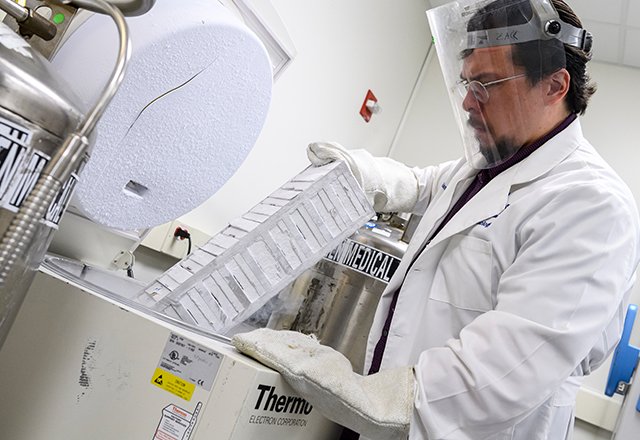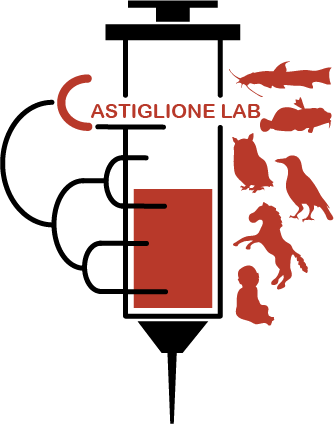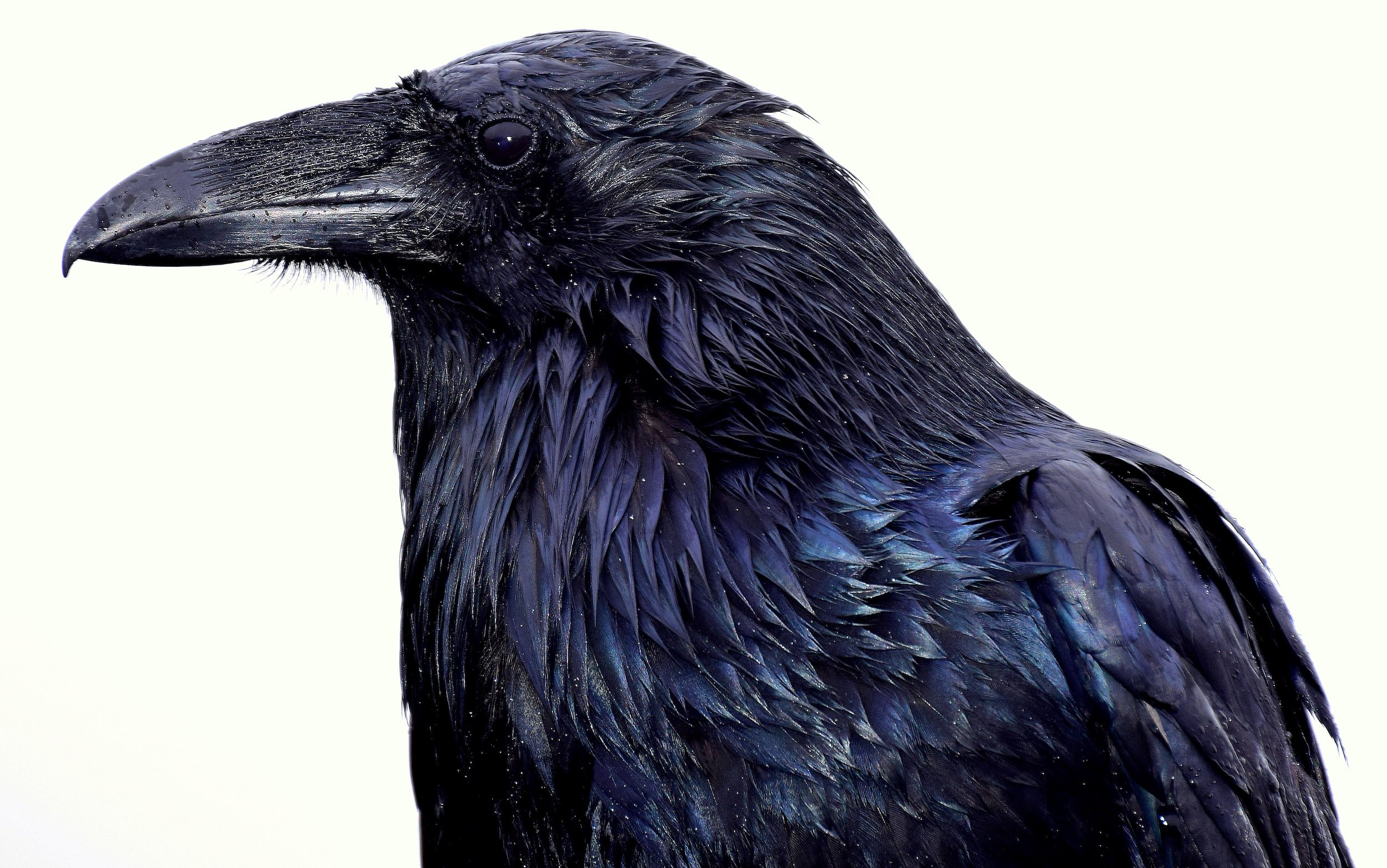Harnessing evolution to understand human disease
Disease vs. Adaptation
Why do genetic mutations causing human disease, also give rise to animal adaptation?
What cellular adaptations are required to survive disease-causing conditions?
Can animal genomes serve as blueprints for treating human disease?
The Visual System & Blindness
Human blindness is often caused by retinal degeneration, affecting millions of people globally. These diseases can be caused by mutations in retinal proteins, and by changes in light intensity. We study how the biochemistry of these proteins evolves in animals that encounter both dark and light environments (owls, bats, whales, penguins). We’ve identified mutations in Rhodopsin (the visual pigment) and its binding partner, Arrestin, that make these animals more resistant to retinal degeneration phenotypes. Our goal is to borrow these innovations from nature and convert them into evolution-inspired therapeutics for human blindness.
Techniques: genomics, biochemistry, cell biology, histology, gene therapy, electrophysiology
Antioxidants & Lifespan
We all have natural antioxidant genes in our bodies that help extend our lifespan. In birds, these antioxidants are supercharged, enabling them to live remarkably long lives despite generating large amounts of free radicals during flight. In humans, supercharged antioxidants drive cancer progression. How do birds avoid these negative side-effects? Our lab has found that avian genomes have been rewired by natural selection, enabling them to extend lifespan while minimizing cancer risk. Our goal is to reverse engineer this system and understand how birds got the best of both worlds.
Techniques: genomics, biochemistry, cell biology, histology, ornithology
Energy, Oxygen & Metabolism
Our cells make energy through a slow burning fire that requires oxygen. Our tissues can be damaged if the fire is not well contained by antioxidants— a problem that occurs in many human diseases. In other species, such as horses, this fire naturally burns hotter, yet with minimal damage. We found that horses gained the best of both worlds by mutations to antioxidant networks. Our goal is to reverse engineer these equine adaptations into blueprints for treating oxidative stress in human diseases.
Techniques: genomics, biochemistry, cell biology, metabolomics, CRISPR/Cas9



















